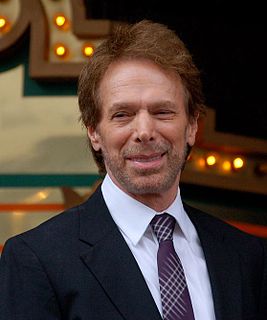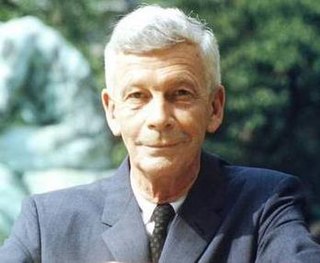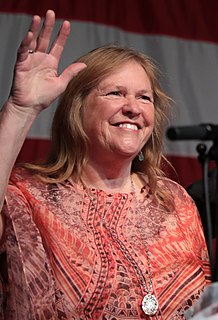A Quote by Alexandria Ocasio-Cortez
Related Quotes
It always seemed to me ironic that the McCain campaign kept referring sneeringly to Obama's meager resume - 'a mere community organizer!' - before he entered electoral politics. It was Obama's experience as a community organizer that proved such a killer app when he applied that skill to the Internet.
... there are moments in which the teacher, as the authority talks to the learners, says what must be done, establishes limits without which the very freedom of learners is lost in lawlessness, but these moments, in accordance with the political options of the educator, are alternated with others in which the educator speaks with the learner.
I think my role is as a writer, especially, and then also as a speaker, an organizer, and an entre- preneur of social change. My role isn't to make choices for people-each individual or group needs to do that on their own. But as a writer and a speaker, you can describe possibilities that perhaps haven't been visible before, and aren't in other public dialogues or in the rest of the media. So I suppose I think of myself mainly as an organizer and as someone who describes possibilities.
An educator's most important task, one might say his holy duty, is to see to it that no child is discouraged at school, and that a child who enters school already discouraged regains his self-confidence through his school and his teacher. This goes hand in hand with the vocation of the educator, for education is possible only with children who look hopefully and joyfully upon the future.
The organizers first job is to create the issues or problems, and organizations must be based on many issues. The organizer must first rub raw the resentments of the people of the community; fan the latent hostilities of many of the people to the point of overt expression. He must search out controversy and issues, rather than avoid them, for unless there is controversy people are not concerned enough to act. . . . An organizer must stir up dissatisfaction and discontent.
It is the political task of the social scientist — as of any liberal educator — continually to translate personal troubles into public issues, and public issues into the terms of their human meaning for a variety of individuals. It is his task to display in his work — and, as an educator, in his life as well — this kind of sociological imagination. And it is his purpose to cultivate such habits of mind among the men and women who are publicly exposed to him. To secure these ends is to secure reason and individuality, and to make these the predominant values of a democratic society.
I think that every educator, indeed every human being, is concerned with what is true and what is not; what experiences to cherish and which ones to avoid; and how best to relate to other human beings. We differ in how conscious we are of these questions; how reflective we are about our own stances; whether we are aware of how these human virtues are threatened by critiques (philosophical, cultural) and by technologies (chiefly the digital media). A good educator should help us all to navigate our way in this tangled web of virtues.


































